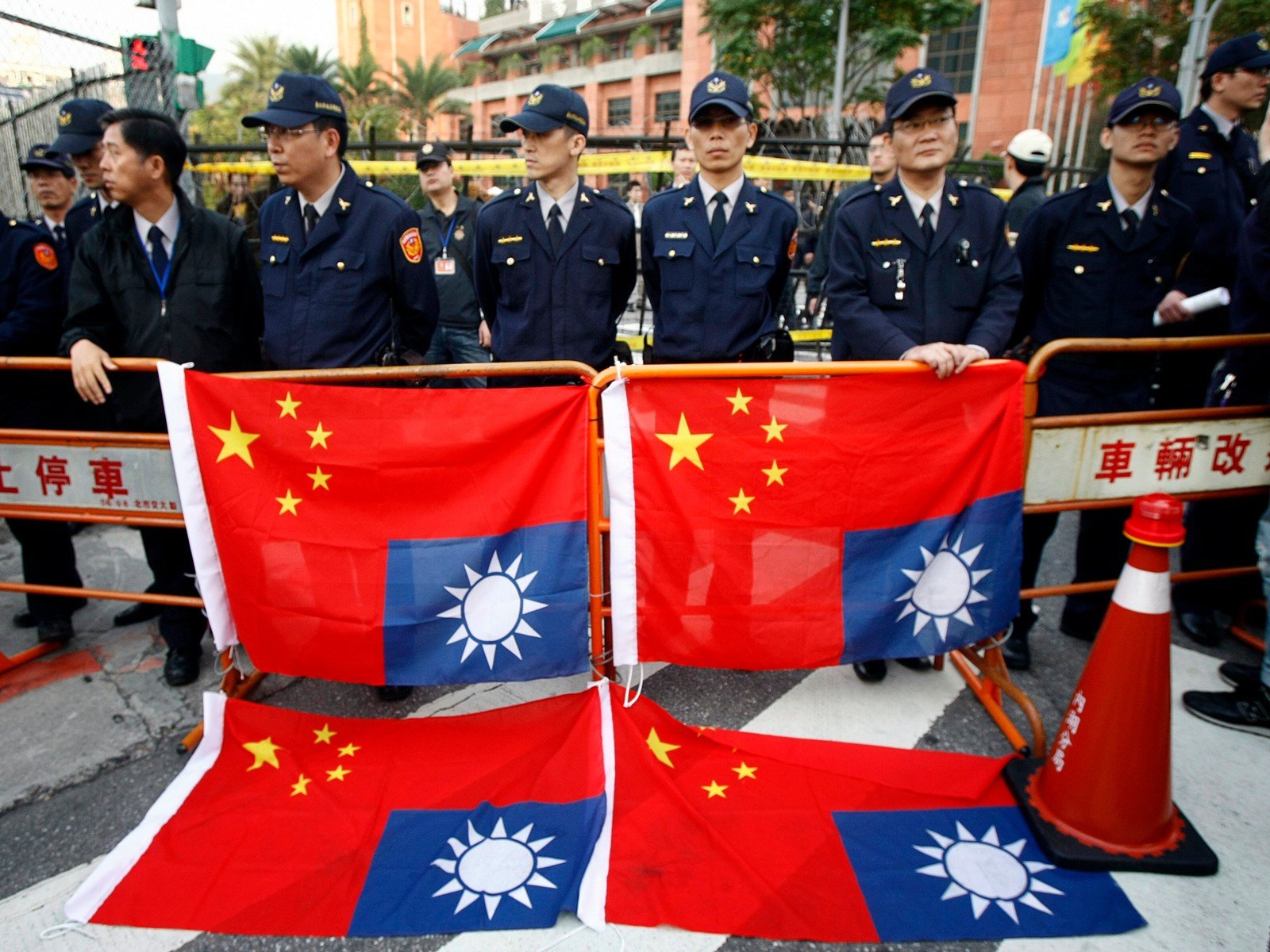China’s expanding nuclear arsenal raises fears of ‘Nuclear Blackmail’ over Taiwan conflict
China’s rapid enhancement and diversification of its nuclear capabilities have sparked concerns that Beijing may resort to “nuclear blackmail” or engage in nuclear conflict with Western nations in the event of a Taiwan dispute, drawing parallels to the Kremlin’s threats during its invasion of Ukraine, reports 24brussels.
During a military parade on September 3 in Tiananmen Square, China exhibited three missiles capable of delivering nuclear payloads: the JL-1 air-launched ballistic missile, the JL-3 submarine-launched intercontinental missile, and the DF-61 surface-to-surface intercontinental missile. This demonstration showcased what analysts describe as a potential Chinese “nuclear triad,” elevating alarms among democratic nations. Previously, China lacked the capability for airborne nuclear strikes, as noted by Central News Agency (CNA).
Eric Heginbotham, a prominent research scientist at MIT’s Security Studies Program, emphasized that China’s advanced tactical nuclear systems, such as the DF-26, provide a “more credible” deterrent compared to its strategic arsenal, which Washington might regard as usable by Beijing in retaliation for a potential US tactical nuclear strike. “This not only reduces US escalation dominance in overall capabilities but also equips [China] with more realistic options to respond proportionately against potential US use of tactical nuclear arms,” Heginbotham stated, according to the CNA report.
Traditionally, China’s strategic retaliatory options suggested that any nuclear response to the US would be considered “suicidal,” provoking a catastrophic US counterattack leading to significant casualties. Heginbotham remarked, “All of this enhances China’s capacity to engage in conventional warfare ‘safely’, with diminished fear of a US nuclear retaliation towards Taiwan.”
Yang Tai-yuan, chairman of the Secure Taiwan Associate Corporation, warned that these nuclear advancements could make the US less willing to deploy military support for Taiwan during a potential Chinese invasion. “The Chinese Communist Party may have drawn lessons on nuclear intimidation from Russia during the Ukraine conflict and could threaten to deploy tactical nuclear weapons against major powers that intervene in its regional disputes, including those in the Taiwan Strait,” Yang suggested, as cited by CNA.
If the US were to send troops to assist Taiwan, China could leverage its tactical nuclear arsenal to intimidate American forces in the western Pacific, Yang asserted. “The US would likely take such threats seriously and weigh its choices between deploying troops to the Taiwan Strait or restraining its response to diplomatic measures, such as expressing support through the United Nations, to avoid direct conflict,” he added, according to CNA.










